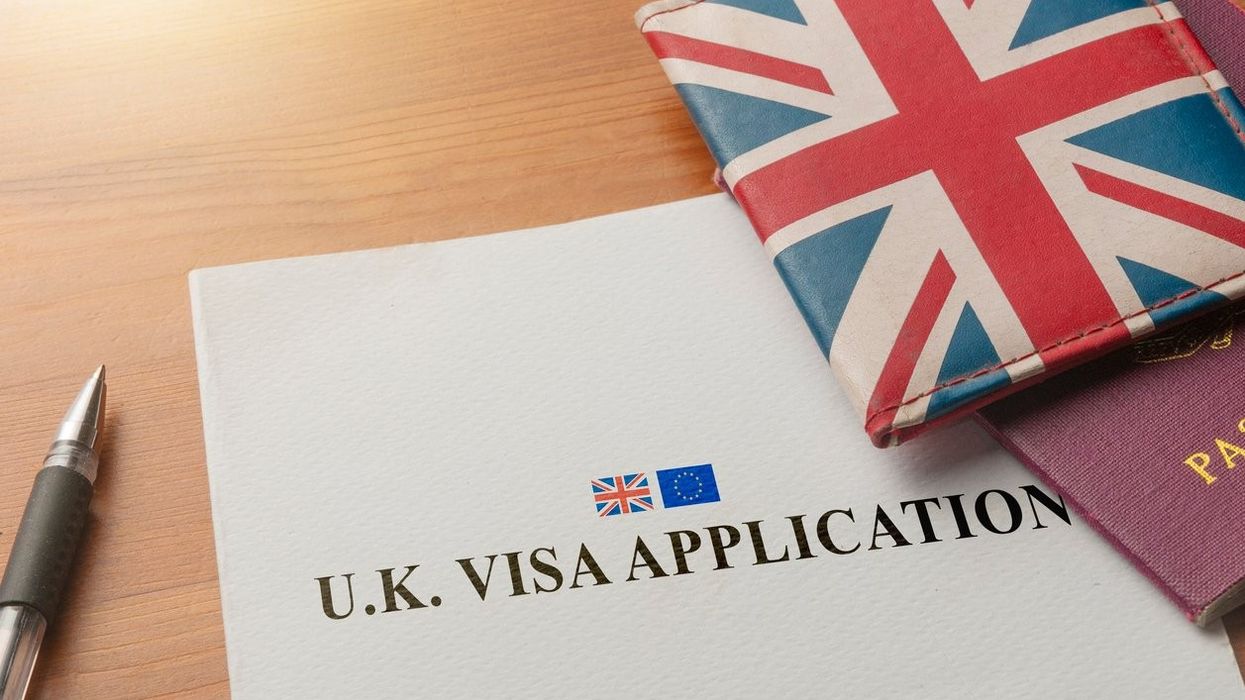FAMILIES across the country are trapped in a state of uncertainty as the Home Office grapples with a massive backlog in handling their requests for visa fee waivers, reported the Guardian.
The backlog, the largest ever recorded, has left around 33,000 applications pending, causing distress and instability among vulnerable families, according to migrant organisations.
In the first quarter of this year, a staggering 18,528 applications for visa fee waivers flooded the Home Office, yet only 69 were approved—a significant drop from the nearly 6,000 approvals in the same period last year.
These fee waivers are crucial for individuals who cannot afford the steep costs of visa applications, especially considering the recent 20 per cent hike in fees for family visas, settlement, and citizenship since October 2023.
The prolonged processing times, now stretching from approximately eight weeks to a staggering eight months, are exacerbating anxiety among families, many of whom already have legal residency in the UK. This delay is impeding their access to employment, housing, and essential benefits.
Nick Beales, head of campaigns at the Refugee and Migrant Forum of Essex and London (Ramfel), criticised the government's management of the immigration system, particularly citing the unjustifiably lengthy delays in determining whether individuals on minimum wage or receiving universal credit or disability benefits can afford the hefty visa fees.
One such affected family is that of Muhammad Rashid Khan, 45, and his wife Farhad Alauddin Shaikh, 44, who have been waiting for over six months for a response to their visa fee waiver application, despite being recipients of universal credit. The delay has hindered their ability to extend their visas, impacting their employment prospects and causing significant stress.
The situation is further complicated by the inability to travel abroad, which would jeopardise their visa application, and the rising cost of visa fees and the immigration health surcharge, exacerbating the financial strain on migrants.
"If we could obtain a visa now, I could work continuously to support my family, and Shaikh could apply for a job. Without legal status, every job application asks for a visa or passport, which we don't have," he was quoted as saying.
"I don't want my children to face any difficulties. I can sacrifice and do any job necessary to provide for them, ensure they attend school, receive a good education, and grow up to be good people."
Read Also: China invests $47B to secure semiconductor sovereignty
Shaikh noted that their first fee waiver application was processed within a month, stating, "Our case is straightforward, yet we can't understand why there's a delay this time."
Sairah Javed, a solicitor at the Joint Council for the Welfare of Immigrants, said that her clients are facing increasing delays, which is hindering their ability to verify their legal status in the UK.
A spokesperson for the Home Office said: “We always aim to process fee waivers as quickly as possible. These waivers are based on affordability and will only be considered when applicants are unable to pay the fee after meeting their essential living costs.”





